The Lord’s Supper {Religion, Tradition, or Worship}
I hope you love the products and resources I recommend here at A Little R & R. Just so you know, it is possible that I get a commission and collect income from the links on this page. Click here for more info.
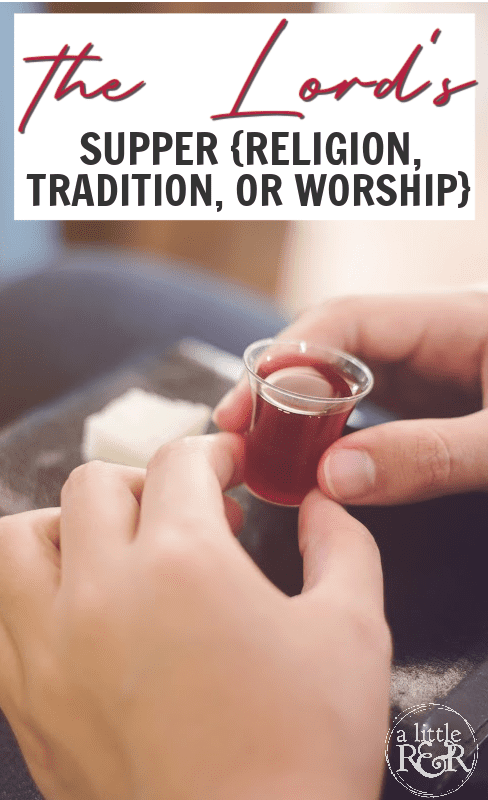
I have taken the Lord’s Supper in many settings and atmospheres; some that bordered on the mystical and others that were so relaxed so as to nearly desecrate the holy act.
I have had wafers, small rectangles, kosher Jewish matza; wine, juice, and kool-aide-type substances.
The origins of what we term the Lord’s Supper date back much further than that night when Jesus sat with His disciples and proclaimed that the bread is His body and the wine His blood.
God instituted what is known as the Passover in Exodus as the final plague would be brought on Egypt.
It was the birth of a traditional meal that the Israelites would eat each spring to remember how the Death Angel passed over every home that had blood smeared on the door posts.
When you research out the entire Seder meal, you see amazing prophetic acts that foretold Jesus Christ and His sacrifice that would put an end to death, hell and the grave forever; so that we would no longer fear death!
It passed over once and for all that Friday night as He hung on the cross and died for our sins!
And so churches all over the world set aside certain Sundays to partake of the bread and wine (or juice). Some part take of the Lord’s Table every Sunday.
Some congregations have done away with this tradition in an effort to remove themselves from dead religion.
But is it?
Is the act of eating unleavened bread and drinking sips of juice from mini clear cups simply dead religious acts that hint of mysticism, or that have their foundation in ancient liturgy instituted by man?
I believe we find the answer to this in 1 Corinthians 11.
The Lord’s Supper {Religion, Tradition, or Worship}
I find it interesting that the early church actually practiced the Lord’s Supper. Not only that, Paul found it necessary to correct the church in Corinth and direct them in the proper practice of communion.
We see in this passage that there is actually a proper and unproper way to observe the Lord’s Supper, and to neglect this act or do so in an unworthy manner is to literally bring the judgement of God on our own heads.
What is an improper manner to observe the Lord’s Supper?
1. Failure to take the time, or allow your congregation time, to examine their hearts before the Lord so as to resolve hidden sin.
The church in Corinth desecrated the act of the Lord’s Supper by allowing the affluent members to partake first leaving nothing for those who were lower class. But it wasn’t the act of selfishness that Paul was condemning, it was their hearts that were full of self-righteousness, pride, bigotry, and hate that led them to not only prevent the lower-class from receiving the Lord’s Supper, but openly shame them as well.
Perhaps our churches today are more civilized; but do we still entertain sin in our hearts?
Paul instructs us in verse 28 to examine ourselves to see if we are worthy to receive the Lord’s Supper. He doesn’t mean our overall worthiness; we are already worthy by the blood of Jesus. But are we living in intentional disobedience to His Word?
Do we have bitterness, envy, or hatred in our hearts for another brother or sister in Christ? Are we holding on to a judgmental or critical spirit?
To have such sin in our hearts while partaking of the Lord’s Supper is to invite His judgement in our bodies.
2. Taking the Lord’s Supper when there are unresolved factions and conflicts present in the body.
It is not normal for the body to attack itself. When the body begins to attack itself, it is diseased and unwell. This is the same for the body of Christ.
Throughout scripture we are called to live in unity. We are called to the “ministry of reconciliation”. And yet so many churches remain divided; divided because of conflicts, church splits, denominational differences and theological leanings.
It is not pleasing to the Lord.
Within our church walls we have conflicts; conflicts between the pastor and his board; conflicts between members for various reasons, and conflicts between the congregation and the leadership.
God hates this!
James said, “Where do wars and fights come from among you? Do they not come from your desires for pleasures that war in your members? You lust and do not have. You murder (see Matthew 5:21-22) and covet and cannot obtain. You fight and war. Yet you do not have because you do not ask. You ask and do not receive because you ask amiss, that you may spent it on your pleasures.” James 4:1-3
Jesus told us in Matthew 5:24 that reconciliation must occur before we sacrifice and worship Him.
If you know someone has something against you; or if you have something against them, we must resolve that conflict first; then we can offer the sacrifice of praise. Reconciliation first, worship after!
3. Eating the bread and drinking the wine without proper reflection about what each element represents.
To partake of the Lord’s supper without pausing to reflect about what the elements mean to us does in fact render the act religious and meaningless tradition.
Not because the Lord’s Supper is thus, but because our hearts have lost their first love.
When our hearts burn with a true love for the Lord, and when they are bursting with the joy of our salvation; receiving the bread and wine offers rich symbolic meaning to us!
To be sure, the wine and the bread are just wine and bread.
But they offer us a chance to remember the sacrifice Jesus made and what that sacrifice means. If we ever allow His sacrifice to lose significance in our lives, we will fill that void with something else.
Suddenly the things of this world take on greater significance in our lives.
Activities that have no eternal value grow more important, “stuff” begins to occupy our hearts where our first love once resided.
We must learn to value the act of reflecting on the Lord’s body that was broken for us.
For us!
We do not have to live in brokenness, a victim mentality, with rejection and worthlessness, or fear of death because He gave His body to bruised, beaten, and broken so that we can be free from that!!
His blood was spilled on the ground – yes, it had to be blood. Only blood could atone for sin. Now, we no longer live under the sentence of sin because His precious, perfect body was drained of life-giving blood to give us life!
4. Consuming the bread and wine without proper reflection about what the act as a whole represents.
Every time we partake of the Lord’s table we proclaim His death.
Every time we eat the bread we proclaim the brokenness of Christ’s body so that we may be whole! Every time we drink the wine or juice we proclaim the blood that literally poured out of His body.
With that blood, God wrote a new covenant.
What is that new covenant?
That the final sacrifice had been made. No sacrifice ever need be made again to atone for sin! Christ’s blood poured out a pathway from us to the throne of God.
The curtain that kept the common man out of the presence of the Holy God Almighty was torn from top to bottom, making it possible for us to enter His presence unhindered.
Why?
Because the sin of mankind was no longer covered by a sacrifice that wasn’t sufficient to remove sin. Only Jesus could remove sin. Now our sins are removed as far as the east is from the west.
We can entered the presence of God Almighty.
When we approach the Lord’s table without holy reverence and worship for what it represents, we defile that covenant. Jesus took it seriously.
He gave His life for that covenant.
God took it seriously. He allowed His only Son to be mocked, beaten, and murdered for that covenant. This covenant was meant to be an act of worship.
The Lord’s Supper was meant to offer symbolic meaning that would cause us to remember – and never, ever forget – the sacrifice Jesus made.
Yes, the bread is only bread; the wine is only wine; but it represents the most important covenant we will ever have!
To take that covenant so lightly as to eat the bread and drink the wine and our hearts not be moved by the weight of its meaning is to show how utterly meaningless that covenant is to us.
We have just celebrated the most holy day for all Christians. Our entire faith rests on the sacrifice Jesus made for us on the cross and His resurrection from the dead.
As we go forward this year, and as we partake of the elements of communion as the body of Christ, may we do so in a manner that is proper and worthy. May we do so with a heart of worship and gratitude for the One who died to give us life; and then rose again to set us free!
“But let a man examine himself, and so let him eat of the bread and drink of the cup. For he who eats and drinks in an unworthy manner eats and drinks judgment to himself, not discerning the Lord’s body. For this reason many are weak and sick among you, and many sleep. For if we would judge ourselves, we would not be judged. But when we are judged, we are chastened by the Lord, that we may not be condemned with the world.”
Check out these resources for Easter

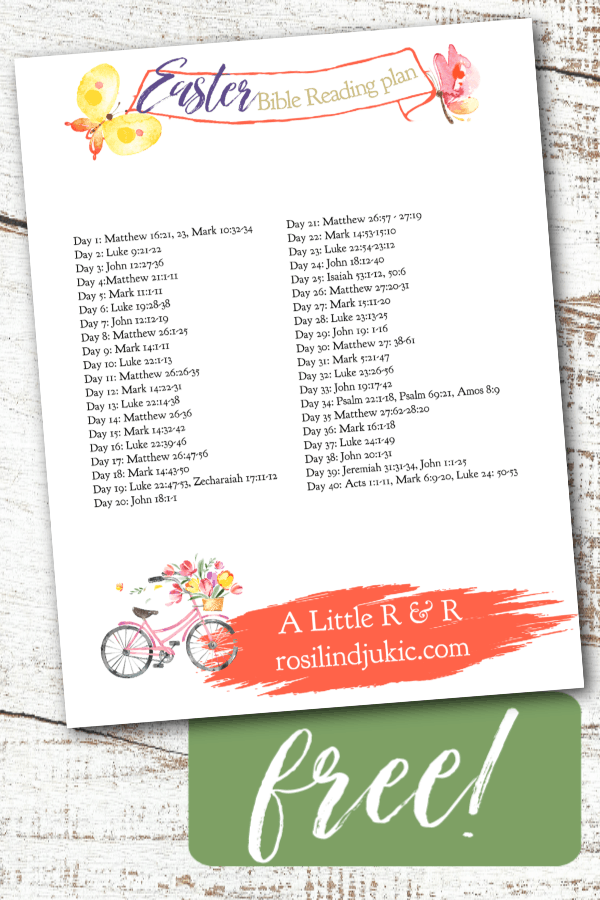
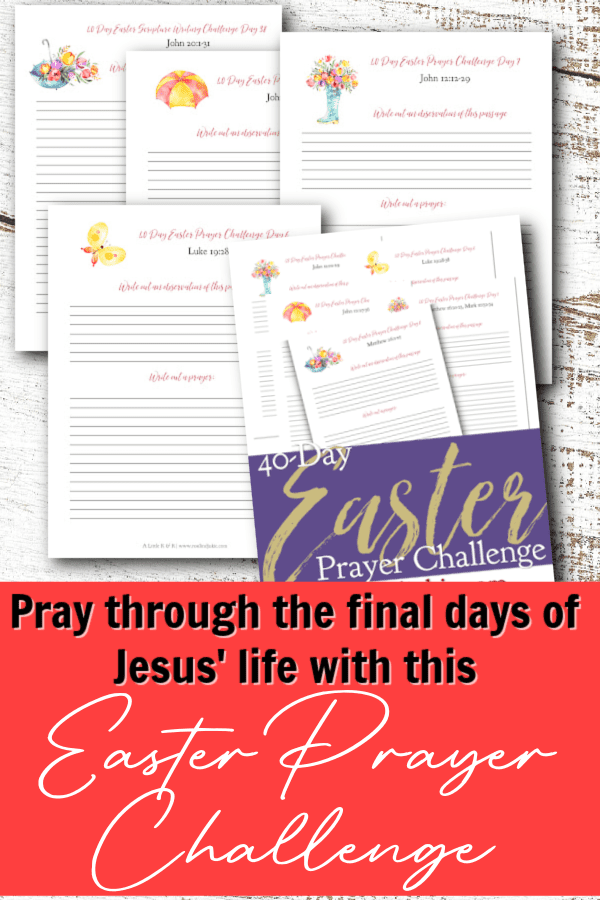
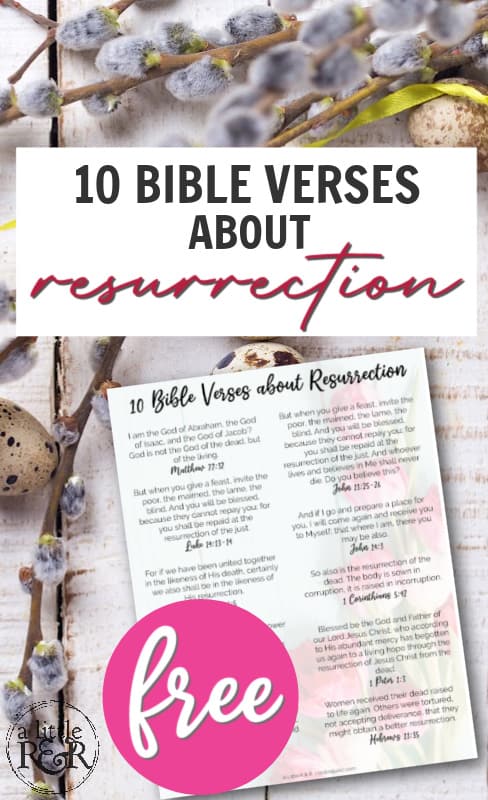

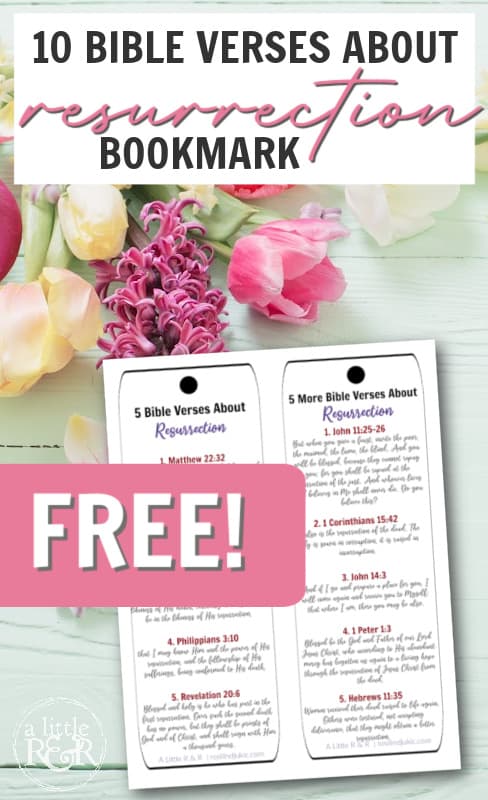
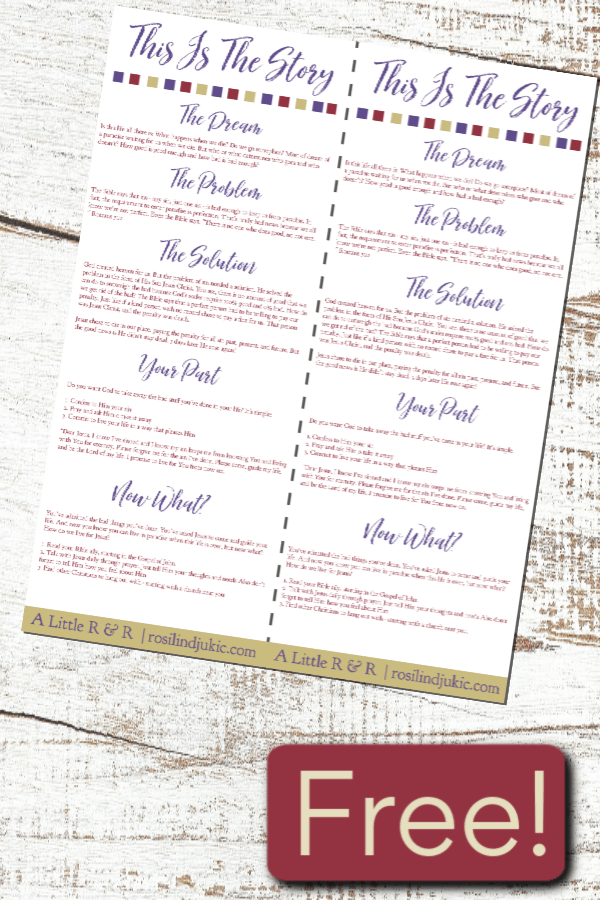

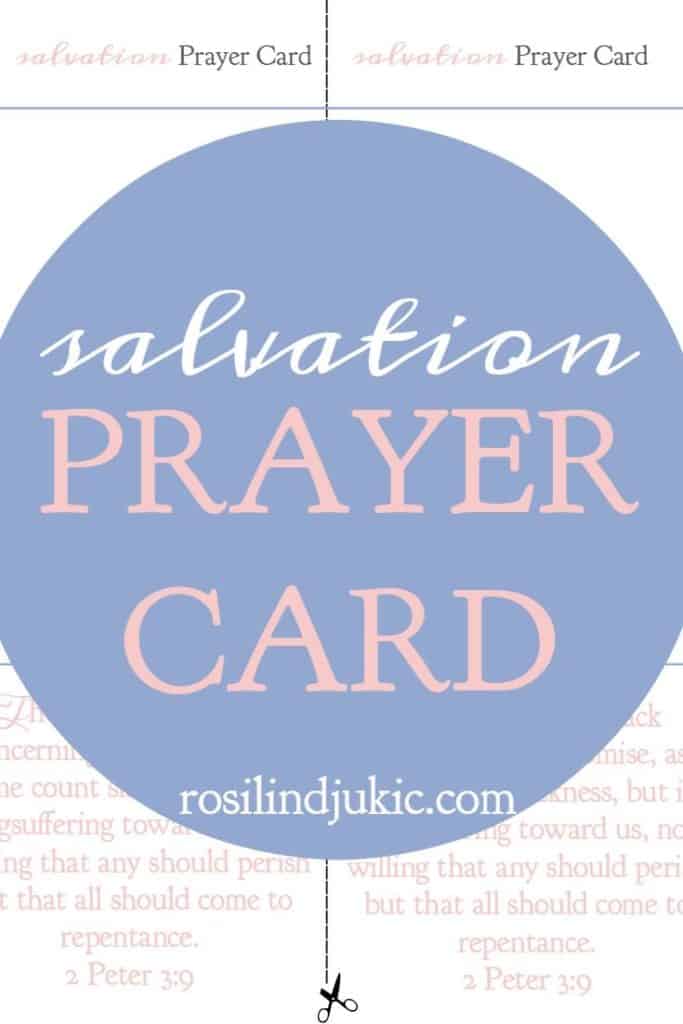

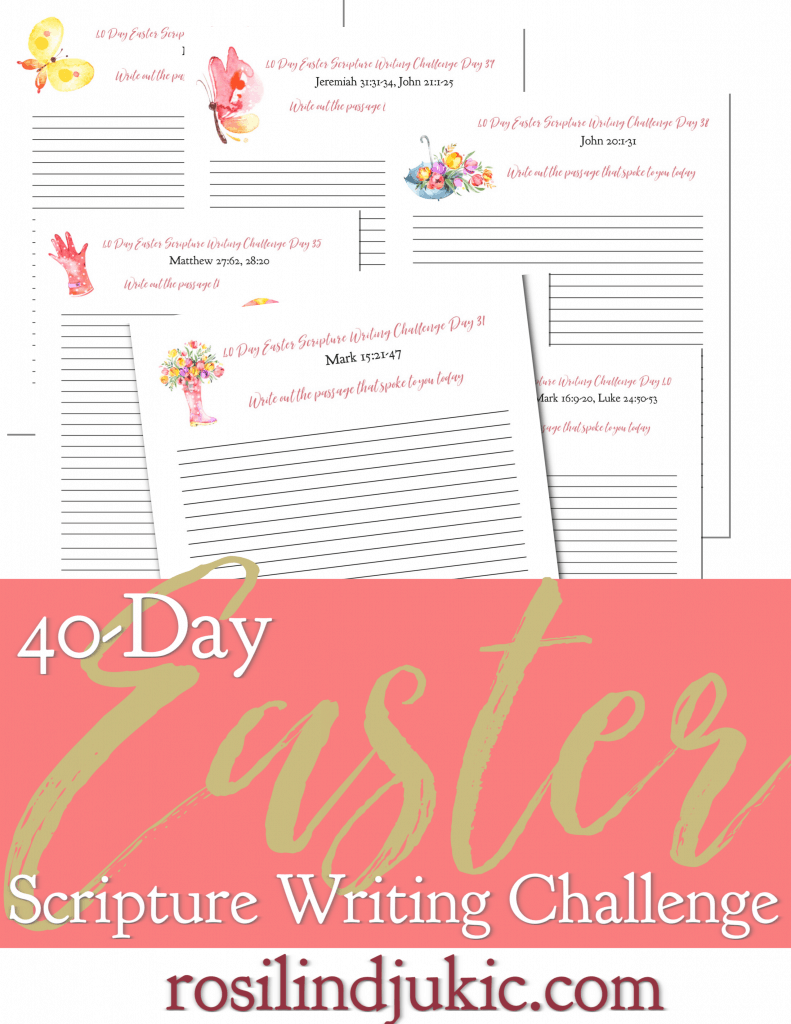


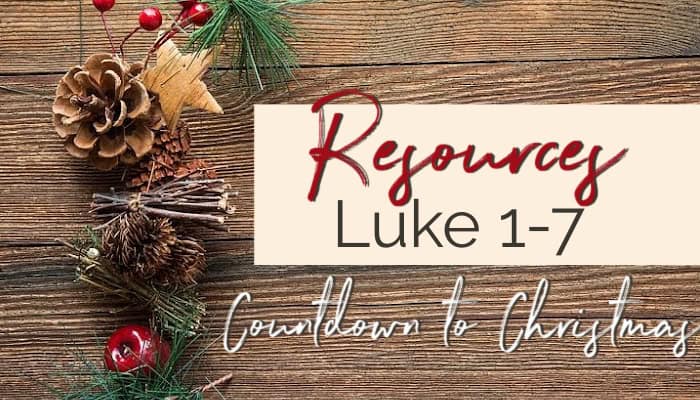


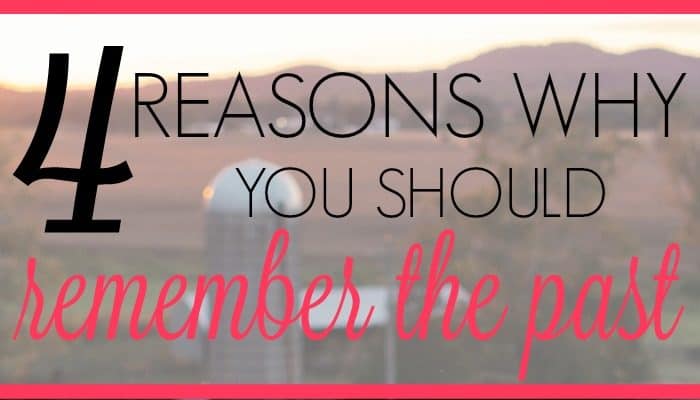

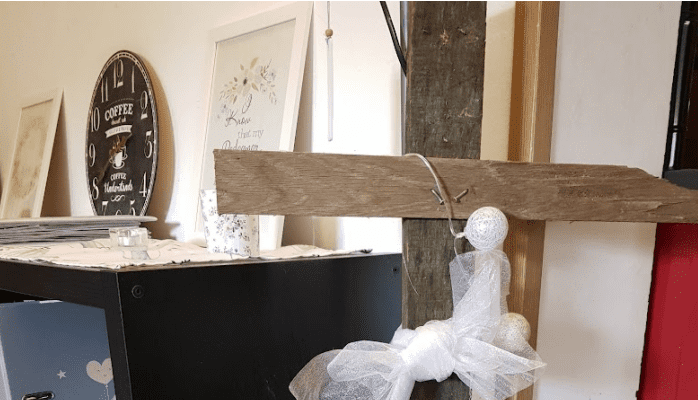

Hi Rosilind,
It is powerful to study the traditions behind communion, to see the rich history and the Passover, and most of all to see the beautiful parts of the story that point to Jesus! Taking the middle bread, breaking it, and hiding it away until later –whew! 🙂
Have a great week,
Jennifer Dougan
http://www.jenniferdougan.com
Wonderful post! Communion is one of the most special things each month to me. I am always struck by the fact Jesus tells us He won’t do it again until His return. To think that I come freely to the Table each month & He is waiting upon all of us to be together is most humbling to me. Have a blessed Thurs.
It’s funny that you have this post up, just a couple of weeks ago this was the exact topic discussed at my small group… Communion can be just a tradition that holds no meaning if we don’t make it an experience that must be prepared for every time we take part. Thanks for sharing with Salt & Light!
Marissa
Excellent, excellent post. When we receive the communion elements, I bow my head to reflect and express thanks. Our church usually has a singer while the juice is distributed, and I find it distracting. (I also wonder, sometimes, if the singer thinks I’m ignoring him or her … because I kind of am), But yes, communion needs to be a special and reverent event, not just a ritual. Thanks for this post!